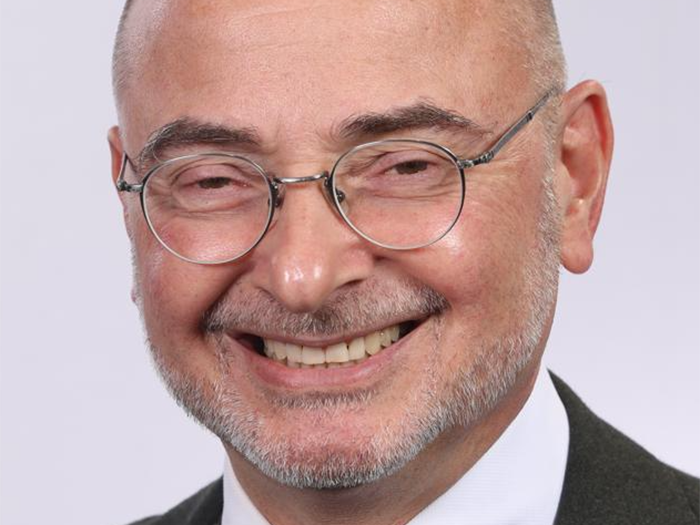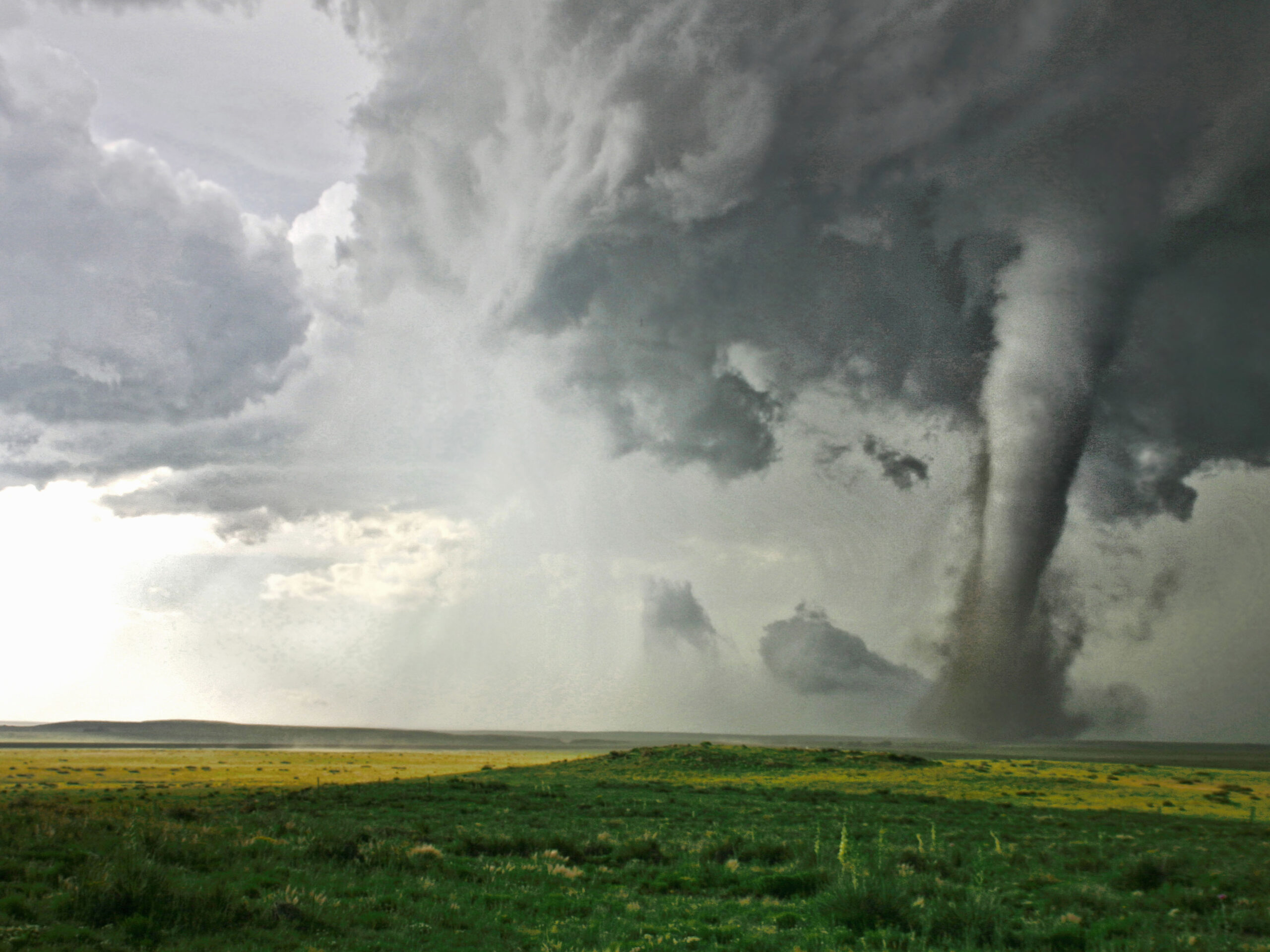Column: Workers' Comp
Optimistic Voices
Workers’ comp industry optimists expect that President Trump’s economic policies will help propel additional insurer premium volume growth through 2017 and even beyond.
Recent growth in employment and wages are expected to generate billions in new workers’ comp premiums written. Factors like lower business taxes, reduced regulatory burdens and shifts in trade policy espoused by the president could fuel further growth.
“Certainly the proposals of the current president suggest it is quite possible we will have an increase in employment in 2017,” including policies that motivate companies to hire domestically rather than overseas, all of which would add to workers’ comp premiums, said Steven N. Weisbart, senior VP and chief economist at the Insurance Information Institute.
That would also presumably spread revenue to other industry service providers. More jobs inevitably mean more injured workers to service, especially the newly hired.
Recent growth in employment and wages are expected to generate billions in new workers’ comp premiums written.
Weisbart calls his viewpoint “mildly optimistic.” He isn’t alone. His optimism is shared by others who pay close attention to how economic trends impact the workers’ comp industry.
Shifts in business and economic policies, including potential trade agreement changes, are expected to contribute to a strengthening economy over the next couple of years, said John T. Leonard, president and CEO at MEMIC Group, a Portland, Maine-based workers’ comp insurer.
“There will be an increase in payroll associated with a growing economy, particularly [in construction] and payroll is the cornerstone of the development of premium,” he said.
Yet, doubters suggest President Trump’s actions could backfire.
I write my columns a few weeks before publication and as I craft this particular one, headlines suggest Trump-inspired trade wars could slice gross domestic product and harm trade-dependent U.S. employment.
Even the optimists know headwinds are always a threat.
We are in the midst of one of the longest economic expansions since World War II, increasing the historical likelihood of a coming recession, Weisbart said. But a recession could get pushed farther out, should Congress go along with the president’s proposals, he said.
There is no shortage of oft-quoted comments about the value of economic predictions. Some point out that even with hindsight, observers never agreed on the Great Recession’s causes, let alone its ferocity.
Perhaps, Yogi Berra said it best with his simple quote, “It’s hard making predictions, especially when they are about the future.”
I don’t agree with a lot of President Trump’s policies. But on this topic I hope Weisbart and the optimists have it right. Not many would disagree that economic expansion is always more fun than contraction. &










